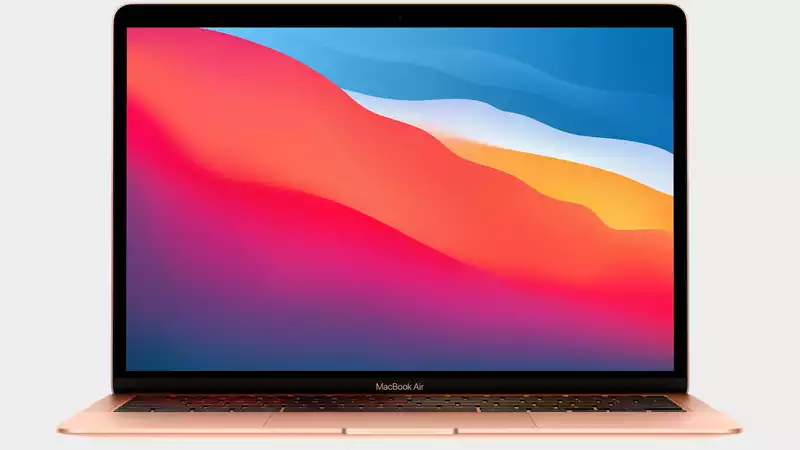There is growing concern among Apple M1 Mac owners that the SSDs in their beautiful new machines are being battered by excessive use of swap files (via LTT Forums). If these numbers are correct, the machines could fail in less than two years, which is really a worst-case scenario, but still a worrisome situation regarding the longevity of their new machines; the fact that the SSDs are soldered to the mainboard also means that they are not easy to replace.
The crux of what is happening lies in the way SSDs operate, especially the number of writes they can reliably support. The drive's flash memory can only be written a certain number of times before it becomes unstable. There are many systems to spread the load across all memory cells, but there is basically a point at which the drive can no longer reliably hold information as it is written to many times.
This all boils down to a number called Total Bytes Written, measured in terabytes (hence the term Terabytes Written). This must be considered in the context of the warranty period, which is typically five years.
For example, the TBW of a 256GB SSD is typically up to 150TB, which equates to 30TB per year or about 84GB per day. Some users write 15TB of data in just two months, which equates to about 250GB per day. In this example, the drive would reach 150 TBW in less than two years.
This problem appears to affect all new Apple Macs, including the latest M1-equipped machines, but the less expensive $999 M1 MacBooks with only 8GB of RAM and a 256GB NVMe SSD are more affected. The lower the memory capacity, the more swap files are used, and the endurance of a 256GB SSD is 150 TBW, resulting in the above figure of 84GB per day. If this report is true, we could see a lot of dead M1 Macs in less than a year.
Smart monitoring tools are notorious for misreporting, and since the Apple M1 is a new platform, it is quite possible that these numbers are not being reported correctly. In any case, it seems like a problem that Apple should be able to fix in its operating system. Even having a better SMART reporting system might help here, since currently users have to compile a drive report tool to see what is actually happening.
The fact that these machines may max out TBW is not the end of the world; SSDs do not suddenly stop working the moment they reach this limit - in fact, most manufacturers are incredibly pessimistic about this number and the drives last much longer It is - there is no guarantee how long it will continue to operate after this point. It could be days, it could be weeks, it could be months, it could be years. But the important thing to remember is that the drive is no longer covered under warranty, and there is nothing you can do if it fails after that point.


Comments